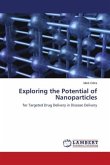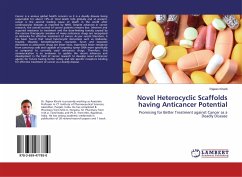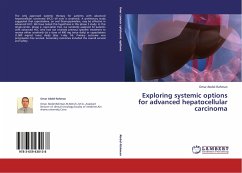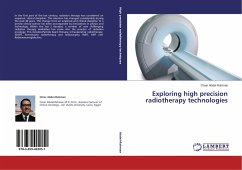Inflammation is characterized by redness, heat, swelling, pain and sometimes loss of function of tissues. Cyclooxygenases (COXs) are mainly responsible for inflammation. Constitutive COX-1 is responsible for providing cytoprotection in gastrointestinal (GI) tract whereas inducible COX-2 facilitates inflammation. Non-steroidal anti-inflammatory drugs (NSAIDs) are widely used to treat the signs and symptoms of inflammation. Traditional non-steroidal anti-inflammatory drugs (NSAIDs) such as Aspirin, Diclofenac, Flurbiprofen and Ibuprofen act via the inhibition of the COX-1 isoenzyme or the combined inhibition of COX-1 and COX-2 isoenzymes. However they show greater selectivity for COX-1 than COX-2 as well as produce serious side effect like hepatic toxicity. Therefore, it is urgently required to identify new targets that are essential for the design and development of novel anti-inflammatory agents as an alternative to NSAIDs. The relevant information provided in this manuscript canbe found useful for drug design of novel anti-inflammatory agents having greater safety, selectivity and potency as well as lesser side effects.
Bitte wählen Sie Ihr Anliegen aus.
Rechnungen
Retourenschein anfordern
Bestellstatus
Storno








